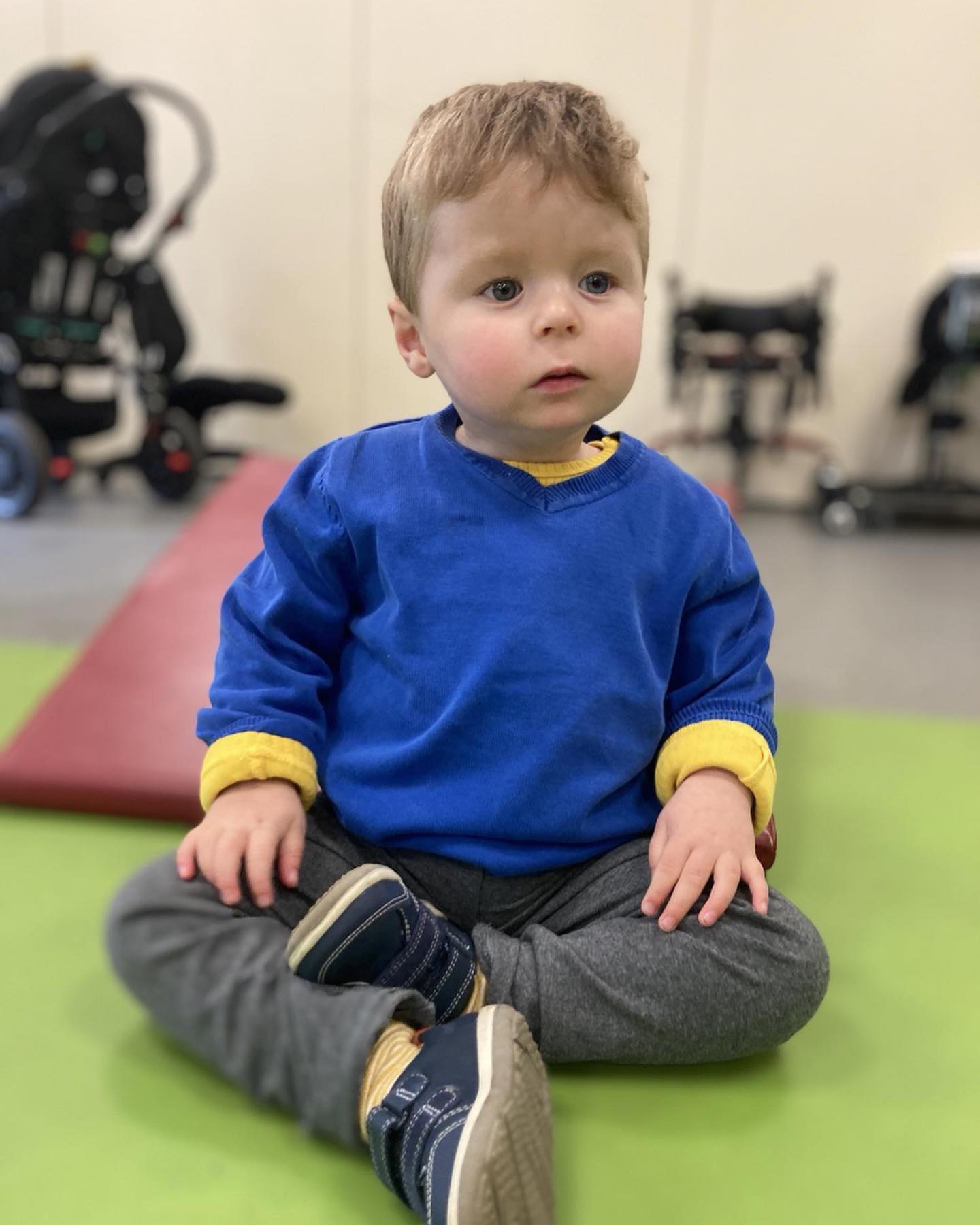MECP2 Duplication Syndrome is caused by the same gene as Rett syndrome. In Rett syndrome, there are mutations or deletions in the MECP2 gene, whereas in MECP2 Duplication syndrome, the gene is mistakenly duplicated or in some cases triplicated.
For more than 10 years, funds raised by UK MECP2 Duplication Syndrome families in honour of their loved ones have been delivered to Cure MDS formerly the 401 Project via Reverse Rett.
This funding raised by a very small number of dedicated UK families has supported critically important advances in MECP2 Duplication research including the crucial experiment in the lab of Huda Zoghbi that determined that MECP2 Duplication syndrome is reversible (Sztainberg et al., 2015).
MECP2 Duplication syndrome was officially discovered in 2005. It is a progressive neurological disorder affecting males and females alike.
Research into MECP2 Duplication syndrome is still growing, which means we also do not know the full spectrum (mildness to severity). Preliminary studies suggest that prevalence may be 1.8 per 10,000 live births. 50% of cases do not live beyond 25 years of age.
Most boys inherit the duplication from their mothers, who usually do not have any symptoms due to favourable X chromosome inactivation. Carrier mothers have a 50% chance of passing on the duplication to their children.

Common features of MECP2 Duplication syndrome include:
It is important to note that MECP2 Duplication syndrome is a spectrum disorder and not all individuals will be affected in the same way. Symptoms can range from very mild to very severe.
Funds raised for Cure MECP2 Duplication UK via Reverse Rett exclusively supports research aimed at reversing MECP2 Duplication syndrome.
100% of every pound raised or donated goes to MECP2 Duplication research projects with no overhead to Reverse Rett.
The Cure MECP2 Duplication UK/Reverse Rett partnership also enables this smaller disease group to leverage the expertise, tools and resources which have been developed within the UK Rett community by Reverse Rett over the last 14 years.
If you would like to fundraise for Cure MECP2 Duplication UK then please set up a JustGiving page, and have a look at the dedicated Duplication Fund JustGiving page.
We also have a thriving Facebook page so please like and follow the Cure MECP2 Duplication UK page HERE

Adding your child to this UK Registry means we can contact you directly about any forthcoming UK clinical trial opportunities.
It also enables Cure MECP2 Duplication UK to advocate for improved clinical provision and treatments for MECP2 Duplication syndrome to become available in the UK.
Families internationally can also sign up to the US based MECP2 Registry. This is a participant-driven project, overseen by MDS research advocates, with the purpose of furthering understanding of MECP2 Duplication syndrome and developing new treatments.